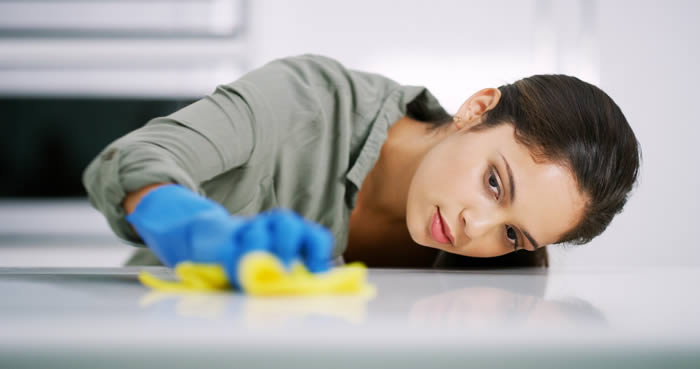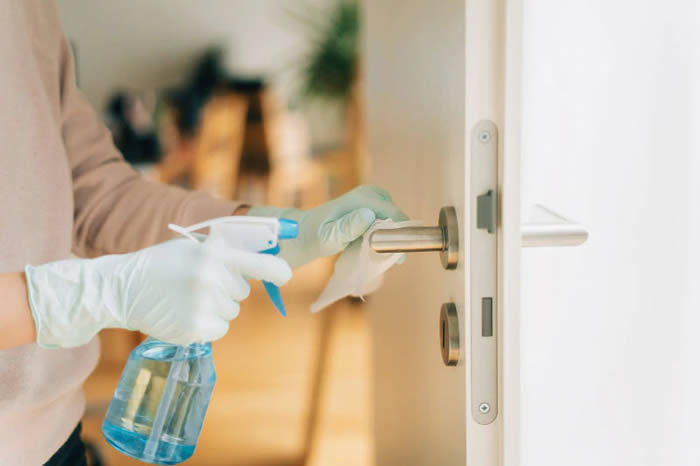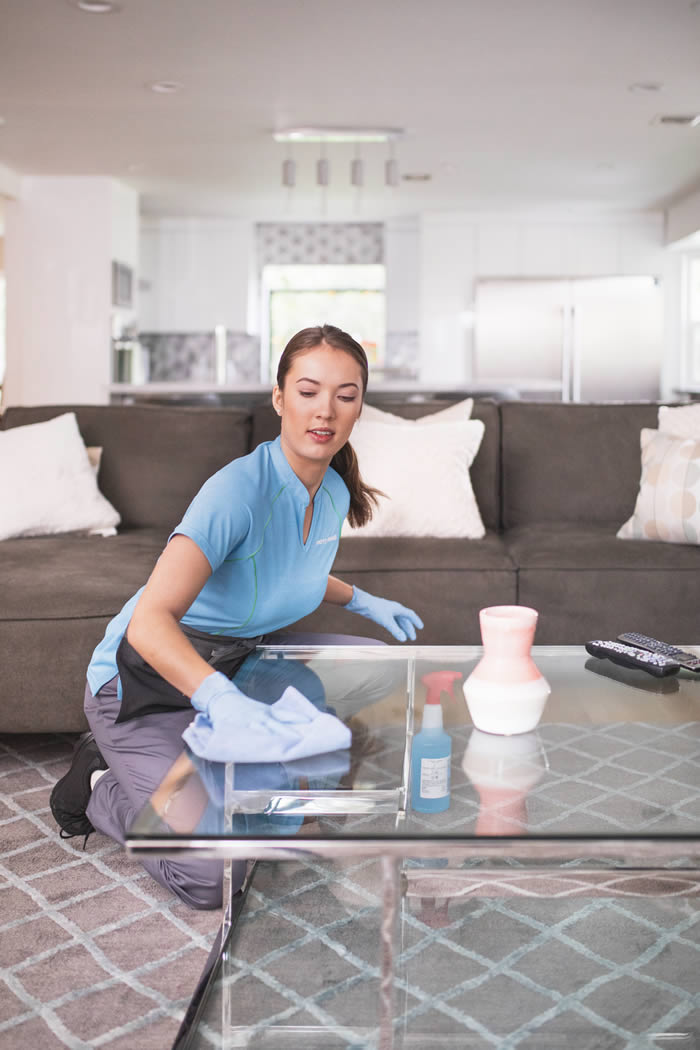The coronavirus that causes COVID-19 mainly spreads from person to person. When someone who is infected coughs or sneezes, they send droplets containing the virus into the air.
A healthy person can then breathe in those droplets. You can also catch the virus if you touch a surface or object that has the virus on it and then touch your mouth, nose, or eyes.
The coronavirus can live for hours to days on surfaces like countertops and doorknobs. How long it survives depends on the material the surface is made from.
 Here’s a guide to how long coronaviruses — the family of viruses that includes the one that causes COVID-19 — can live on some of the surfaces you probably touch on a daily basis. Keep in mind that researchers still have a lot to learn about the new coronavirus that causes COVID-19.
Here’s a guide to how long coronaviruses — the family of viruses that includes the one that causes COVID-19 — can live on some of the surfaces you probably touch on a daily basis. Keep in mind that researchers still have a lot to learn about the new coronavirus that causes COVID-19.
 For example, they don’t know whether exposure to heat, cold, or sunlight affects how long it lives on surfaces.
For example, they don’t know whether exposure to heat, cold, or sunlight affects how long it lives on surfaces.
Metal Examples: doorknobs, jewelry, silverware 5 days
Wood Examples: furniture, decking 4 days
Plastics Examples: packaging like milk containers and detergent bottles, subway and bus seats, backpacks, elevator buttons 2 to 3 days
Stainless steel Examples: refrigerators, pots and pans, sinks, some water bottles 2 to 3 days
Cardboard Examples: shipping boxes 24 hours
Copper Examples: pennies, teakettles, cookware 4 hours
Aluminum Examples: soda cans, tinfoil, water bottles 2 to 8 hours
Glass Examples: drinking glasses, measuring cups, mirrors, windows Up to 5 days
Ceramics Examples: dishes, pottery, mugs 5 days
Paper The length of time varies. Some strains of coronavirus live for only a few minutes on paper, while others live for up to 5 days.
Food
Coronavirus doesn’t seem to spread through exposure to food. Still, it’s a good idea to wash fruits and vegetables under running water before you eat them. Scrub them with a brush or your hands to remove any germs that might be on their surface. Wash your hands after you visit the supermarket. If you have a weakened immune system, you might want to buy frozen or canned produce.
Water
Coronavirus hasn’t been found in drinking water. If it does get into the water supply, your local water treatment plant filters and disinfects the water, which should kill any germs.
Coronaviruses can live on a variety of other surfaces, like fabrics and countertops.
What You Can Do To reduce your chance of catching or spreading coronavirus, clean and disinfect all surfaces and objects in your home and office every day. This includes:
Countertops Tables Doorknobs Bathroom fixtures Phones Keyboards Remote controls Toilets
Use a household cleaning spray or wipe. If the surfaces are dirty, clean them first with soap and water and then disinfect them.
Keep surfaces clean, even if everyone in your house is healthy. People who are infected may not show symptoms, but they can still shed the virus onto surfaces.
After you visit the drugstore or supermarket, or bring in takeout food or packages, wash your hands for at least 20 seconds with soap and warm water. Do the same thing after you pick up a delivered newspaper.



